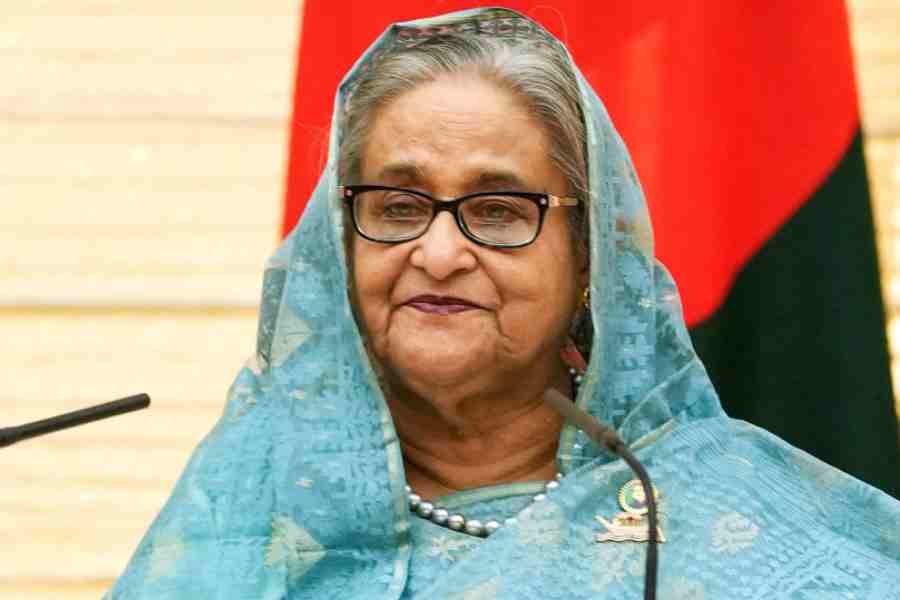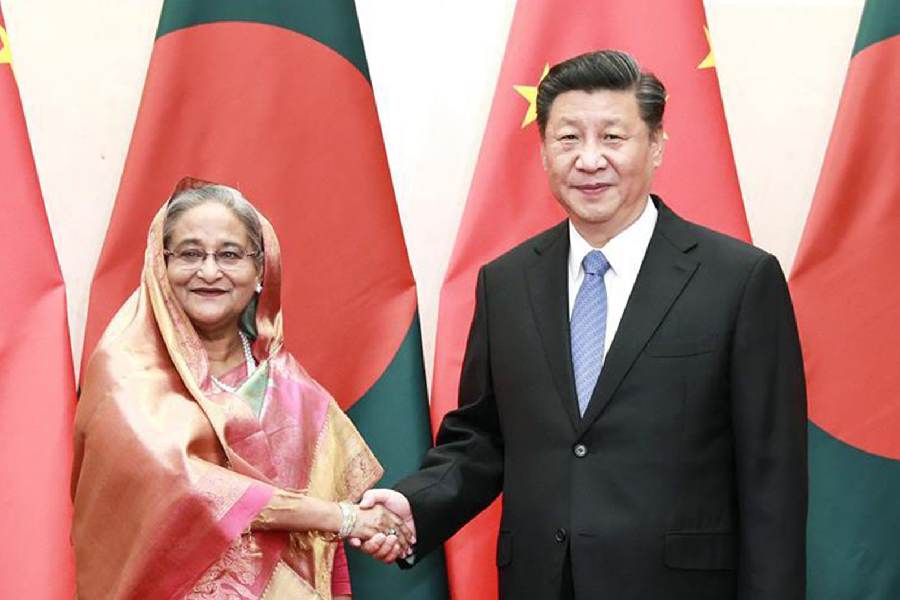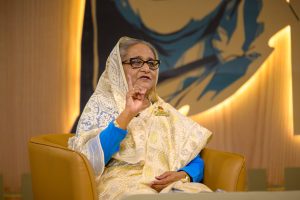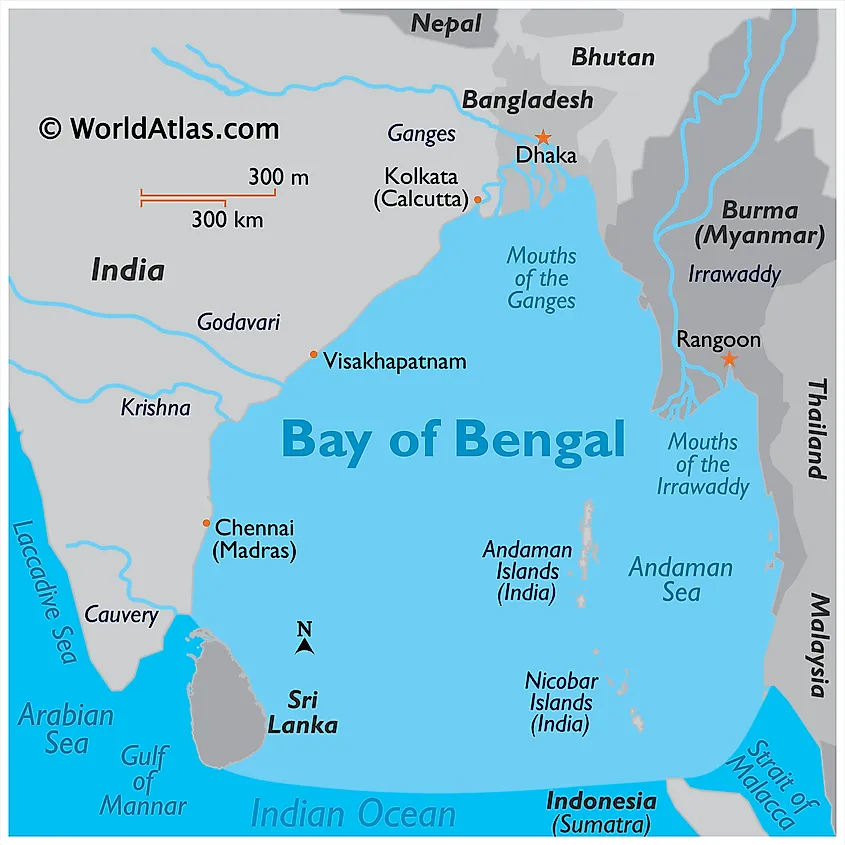India should not endorse the US�s sentiments. However, it must take steps to insulate itself from the possibility of any political upheaval that could follow in Bangladesh The Editorial Board Published 27.12.23 Sheikh HasinaFile Photo Bangladesh is poised to...
India should not endorse the US�s sentiments. However, it must take steps to insulate itself from the possibility of any political upheaval that could follow in Bangladesh

Sheikh HasinaFile Photo
It is the government of Bangladesh, however, that is most answerable to its people. Crackdowns on political opponents, violent attacks on protesters and multiple arrests have eroded the sheen of liberal democratic values that the ruling Awami League has long, at least officially, espoused. India has traditionally felt more comfortable with the Awami League than with the BNP, which has dallied with Islamist parties and groups critical of New Delhi. Unlike past elections, India has been careful not to be seen as overtly backing the Awami League. Yet, in Bangladesh, the perception that New Delhi stands with the ruling government remains widespread. If the popular mood sours further against the party in power, India will almost certainly also feel the backlash � as has happened in recent elections elsewhere in South Asia. Meanwhile, China�s economic influence in Bangladesh has also only grown under the Awami League government, so Ms Wajed�s return to power will not strengthen India�s hand against its foremost geopolitical rival in the region. The United States of America has formally opposed the manner in which the election is being held. India should not endorse the US�s sentiments. However, it must take steps to insulate itself from the possibility of any political upheaval that could follow in Bangladesh. It is time for India to start setting red lines for its Bangladesh policy.












